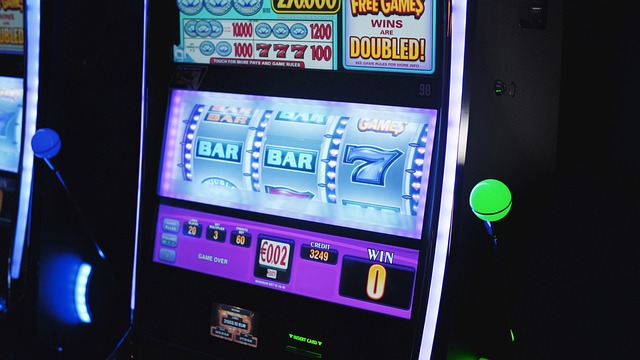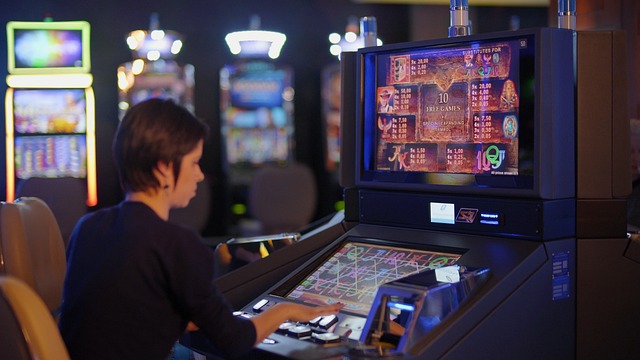A whirlwind of numbers, a dance of probabilities: welcome to the world where calculation marries uncertainty. We think of gambling as a canvas, blank and ready to be painted with strategies and intuitions that only eccentric minds could devise. Here, in the most surprising corner of this scenario, there are those who have chosen to bet online, seeking not only luck but also a testing ground for mathematical theories. Yes, because, in addition to the fun of playing and challenging fate, even dabbling in inventing schemes and strategies can give satisfaction.
Blaise Pascal: The Game Changes the Game
A leap back in time takes us to Blaise Pascal, that tormented genius of the 17th century. He, along with Pierre de Fermat, were not just chatting about numbers for fun. No, they were laying the foundations of probability theory, all starting from a simple question about how to divide the winnings of an interrupted game. And to think that all this was to solve the dilemma of an anxious gambler! What a twist, right? Mathematics thus becomes a sword to cut the knots of chance.
The Count of Buffon and the needle that challenges chance

And then we have the Count of Buffon, an aristocrat with a passion for science who played with needles and lines drawn on the floor. His famous “needle experiment” was as much a game as it was a serious attempt to calculate π with probabilistic methods. Imagine, a living room of the time, full of curious people watching a distinguished man who drops needles on the floor. Surreal, don’t you think?
John von Neumann: the player who laughed with numbers
Let’s jump to the 20th century and meet John von Neumann. Here the story becomes dense: a genius who found poker no less fascinating than the most complex mathematical problems. His game theory was not just an academic treatise, it was a manual on how life itself could be seen as a series of strategic moves, where every decision counts as in a game of chess against fate.
Edward O. Thorp: the ace up the sleeve of Blackjack

Let’s close with Edward O. Thorp, the mathematician who decided to write a manual on how to beat the dealer at Blackjack. Thorp did not just play; he analyzed, counted and predicted. “Beat the Dealer”, his book, has become the bible for those who have dared to challenge the casino with science, proving that even gambling can be tamed (at least to a certain extent) with ingenuity.
These journeys through the centuries are not just chronicles of mathematical successes; they are vivid examples of how a passion for numbers can transform even the riskiest game into a work of art of logic and probability. Our protagonists have not only challenged fortune; they have invited it to a game of mind against probability, where the prize is both the win and the discovery of how deep the rabbit in the gambling hat can be.